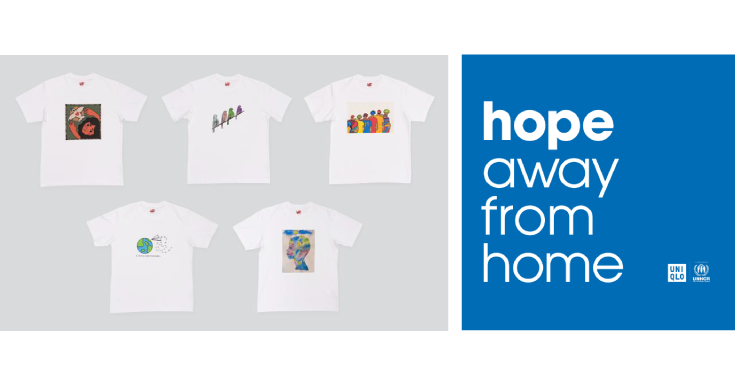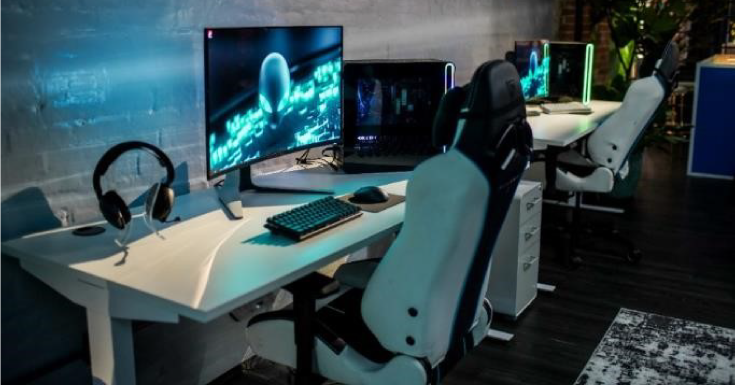Being Realistic About Sustainable Living
‘How’s your car doing now?’
‘Not bad, but it keeps reminding me that it needs tending to. It worries me’ replies the perturbed car owner.
‘What about it are you fretting over?’
‘My car engine, I am not happy with its performance. I know it’s an old car and it’s not reasonable for me to expect it to run like a new car. But it’s producing more black smoke now and every time I see it, my conscience pricks because I am polluting the air. My mechanic did his best to bring it back down to normal levels but to no avail. He advised me it’s time to think of buying a new car’ says the worried owner.
‘Yes, it’s a nice idea. But, just think of buying an FFV’ suggested the friend.
‘What’s a FFV? wonders the owner.
FFV means Flexible-Fuel Vehicle, also called Flexi-Fuel Vehicle, in short. In simple terms, it’s an automobile that takes and runs on both conventional fuels and biofuels of any kind. The vehicle has no separate tanks for the different type of fuel.
It’s a rainy day, and you are sitting in your cubicle in the office, looking out of your window. Part of you just can’t wait to head straight home to be with your loved ones, while the other part is torn between finishing up a very important document for you board meeting tomorrow.
As we ponder on the balance between work and our personal life, many of us urban dwellers are getting caught up in an incessant debate about managing work that helps put food on our tables, and enjoying our lives to the fullest.
Perhaps this is a growing disease that pervades the current generation of movers and shakers in the country, but rest assured, you are not the only one.
To add to the stress of urban living, we are constantly bombarded by the media, and by other people’s ideas, about the ideal way to be. How we should live and what we have a right to expect is continually surrounding us through advertisements. This is because someone has an agenda and usually wants to sell us something. The subliminal messages are subtle, persuasive and persistent.
Living a sustainable lifestyle is about what we need and about our circumstances. Not about attaining material wealth. And a sustainable lifestyle is not limited to those who can afford to be sustainable, either via “stuff” you buy or use.
When we look critically at our needs, they have nothing to do with what we are being told we should have. Each of us has innate skills and develops interests through the experience of living. We sometimes have dreams which we don’t expect to fulfill and spend much of our life either wishing or wondering ‘what if’.
The first point is to maintain the dreams but be realistic about what is achievable for us. There is no reason why we should not believe that we can do at least part of our ideals. By considering what is possible we take a true step towards what is right for us. The curious thing about taking small steps towards our goals is that the goal posts start to shift and when we have reached a new level, further possibilities surface. The secret is to know when we been realistic and gone as far as we can.
Take our fascination for gadgets for instance. We buy, and we buy a lot, and sometimes not even out of necessity. It is true that there are many gadgets, especially the so-called eco-friendly ones, out there, but if we look closely at the products that are available out there, we are buying more than we should. Sometimes, we buy things that don’t really matter to us and/or are just redundant technology.
Many of us still think that to be sustainable or be “greener” today is through the purchase of fancy green products from imported household cleaning agents, to a hybrid car. Realistically, if sustainability is equated with how much green stuff you have at home, then other families that are living below you current economic standards would not stand a chance at all in leading a sustainable life.
Seems a bit unfair, but have we ever wondered about the little changes, in this case, mindset change, that can go much further than spending a thousand ringgit on a gadget which we don’t know how to work, or worse, a gadget that fails.
So instead of going out there with your next pay check, buying and shopping at cheap sales, and hoping to feel much better about your life, when really, what you ought to do, is stop and take a close look within yourself.
Ask yourself, “What is it that I DON’T have to buy to start making a positive and sustainable lifestyle at home and work?”
It doesn’t sound like much, but you save money and reduce the clutter of your place by avoiding impulse buys. There are some things you can do to reduce unnecessary expenses, whether it’s gadgets or other big purchases.
Recycling at home, and by this I mean, separating your trash, or sending your old newspapers to the recycling centre, does not cost much and we know it’s good for the planet, yet not enough of us are doing it. Recycling is one of the cheapest forms of sustainable practices which anyone, young and old, can adopt and practice.
Teaching your children the basics of energy efficiency or water conservation at home is not only one easy and cheap way to develop a sustainable lifestyle at home, but one that goes a long way. Education needs to be deeply instilled in ourselves and our children so that we can develop a pattern of sustainable living as a family unit together. This too doesn’t cost a dime.
Another consideration is being content with what we have. There are many things we cannot change because they are out of our control. Accepting this and not wasting time and emotion struggling with what cannot be changed, we give ourselves energy to move onto what we can do.
Accepting and enjoying the small pleasure of life is an art which we can all develop. The beauty of a sunrise, the first steps your baby makes, the music that enfolds us, the pleasure of a well cooked meal shared with people we care about. All these are daily things which we can take pleasure from. A sustainable lifestyle is about recognizing what is of value.
Avoid unnecessary debt and heartache by channeling your finances towards people, experiences, and things that matter to you. I want to share some things that we’ve dealt with personally and what has helped us. I’m hoping that you share some of your thoughts and perspectives later with me so that we can start engaging each other to address the fundamentals about living a realistic sustainable life.
Wasting time being frustrated and angry is another spoiler of a sustainable lifestyle. Anger is an old fashioned response to things going wrong. Lashing out at others achieves nothing and upsets everyone. Look at how you can improve what made you angry in the first place and work towards a change in both yourself and the injustice which triggered your response.
Anger is also a driving force to change things. If we can use the energy of anger to inspire us to work for a cause which changes some of the bad habits that society has got into we are turning a potentially negative emotion into something good for us and society.
A sustainable lifestyle is about being honest with ourselves and reasonable in what we expect from life.
Creating a sustainable lifestyle is not only about giving you peace of mind, it’s also financially wise. The sustainable part is not necessarily about being eco-friendly (but it’s a side effect sometimes), it’s about having a lifestyle that doesn’t constantly need to be upgraded.





















Leave a comment